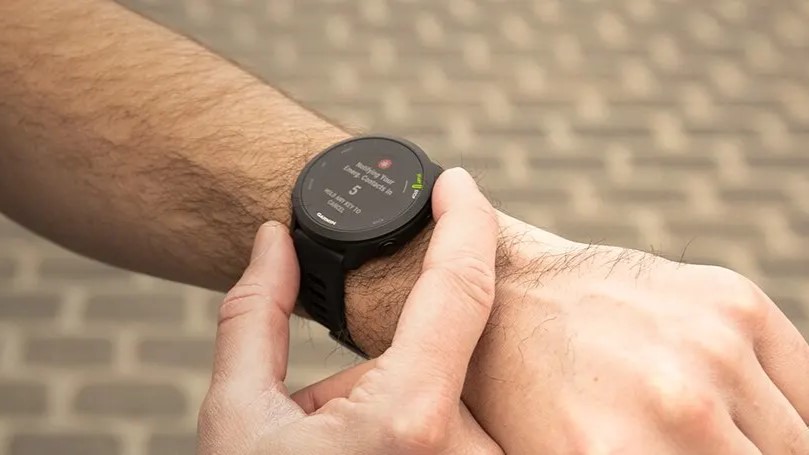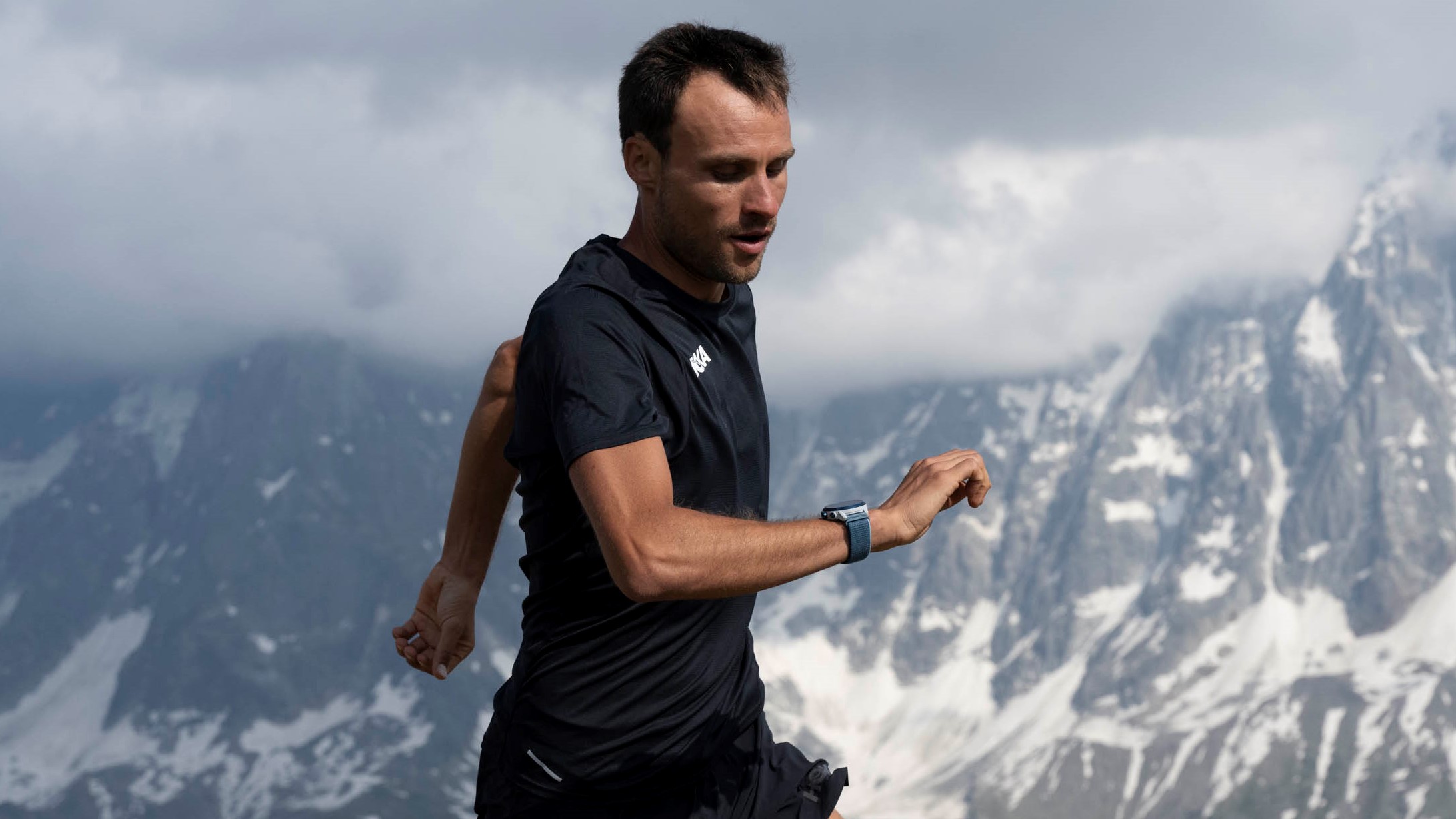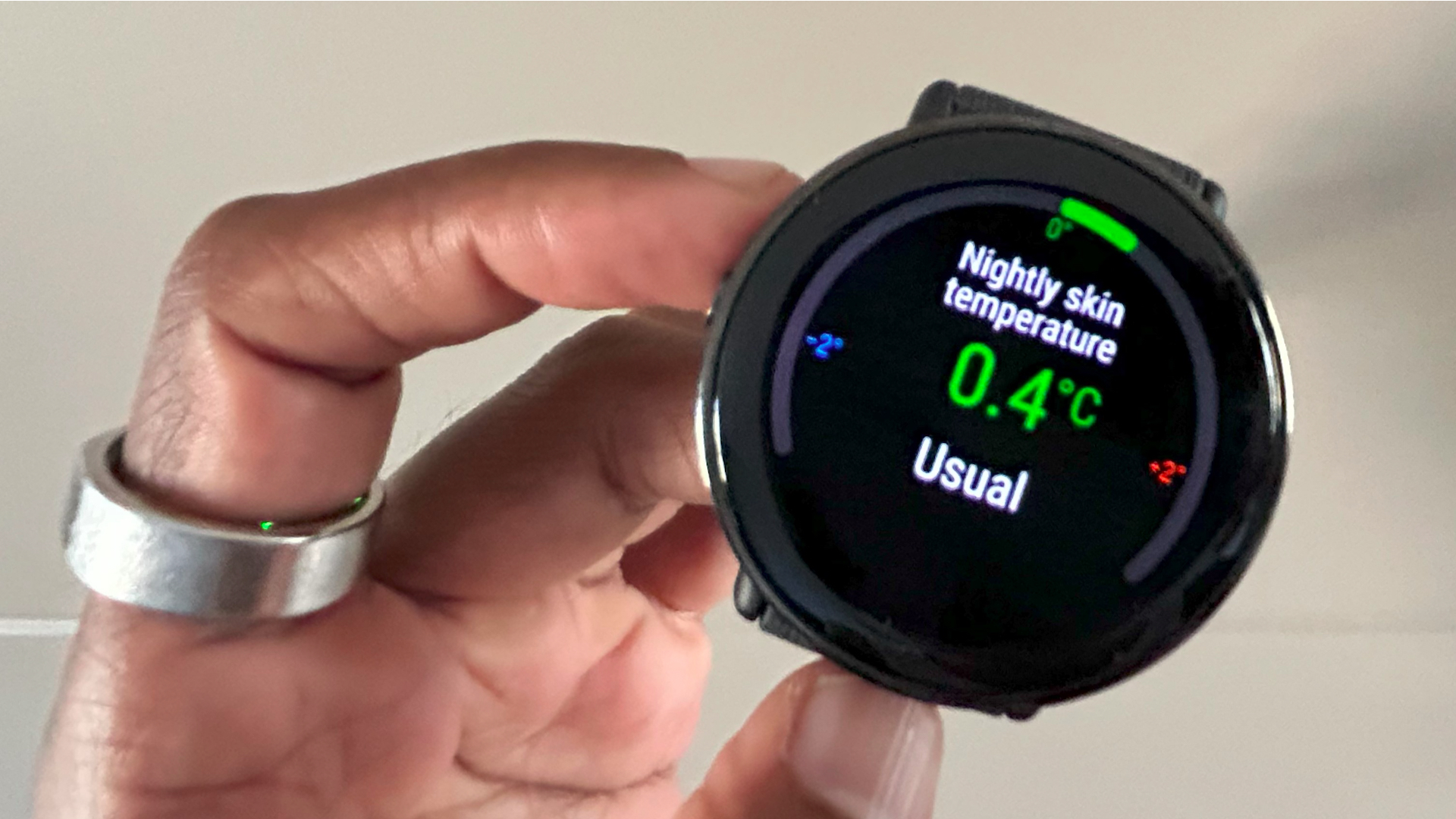
A few days a week, I get up early, pull on my trail running shoes and hit a forested path about a 25-minute drive from my house. The soft surface loop can be extended to 10 km or shortened to 5 km if I’m in a hurry and just need a quick blast of stunning woodland scenery at sunrise before sitting down at my computer. When I get back to the car, I do the same thing just about every runner does these days – I hit stop on my GPS watch and take a minute to scroll through my metrics while I catch my breath.
Instantly, I can see what percentage of time I spent in each heart rate zone, my average effort pace and power broken down by minute, my cadence, stride length and more information than I could ever compute. Sports watches are getting more advanced by the day, and athletes from novice to pro can spend anywhere from a few hundred to over a thousand dollars to get what’s essentially touted as a mini coach that they strap to their wrists.
Runners across the world rely on watches to track their progress and – as one 2021 study published in the journal Sensors found – to help support their running goals. So with all of this data and technology at our fingertips, do we still need running coaches too?
I recently spoke to Colorado-based running coach Tansey Hensley of Boulder Underground to get her take on this topic. Yes, she’s a coach and has a horse in that game, but as I’ve said, any pro runner is going to use a watch themselves – she wears the Garmin Forerunner 265S these days if you’re wondering.

When can your Garmin watch be an asset?
“As a coach, I see a running watch as a positive tool we can use to help athletes as they chase their goals,” says Hensley, who thinks that the immediate post-run insights you can get from a watch – pace, heart rate and other biofeedback measures – can be enough for someone who is just getting into running or isn’t looking for a more personal approach to their training.
For her part, Hensely does most of her coaching remotely, so when her clients are running with a sports watch, it can be really helpful for her to view their metrics.
“Being able to see data from their run collected by their watch is a great tool that I rely on to see how training is going.”
For runners who are training for a race or want to improve their performance for other reasons, more advanced GPS watches like the Garmin Forerunner 745 even give you AI-generated training and workout suggestions based on the data it’s collected about you over time.

Can your Garmin watch replace a coach?
But are watches a true replacement for that human touch? Not exactly. Hensely explains that compared to even the best running watch, experienced coaches will generally be much more accurate than your watch in the training preparation that they can provide for you, and be able to make truly personalized suggestions and plans based on information that your watch can’t possibly know.
“Coaches can also make adjustments depending on how an athlete feels, if they’ve been sick, coming back from sickness, dealing with life stress, and a watch may not catch those nuances.”
Thinking back over the past year, I’ve had a couple of instances where I’ve gone for a long run during periods of high stress and ended up tweaking something or floored for a few days. My watch said I was recovered and ready to go, but a coach with insight into what else I had going on in life might have suggested a walk and some yoga that day instead.
While many of us simply love the convenience of instant data, good running coaches can provide a human element that a watch simply can’t. They can listen to your concerns, answer your questions (even questions about the metrics on your watch) and help you build confidence through planning and discussions.
“So much of coaching is helping educate and empower athletes, and the data doesn’t necessarily function that way on its own,” says Hensley.

Is your GPS watch holding you back?
In the worst-case scenario, watches can have a negative effect on runners, proving a distraction as they become overly focused on their pace, mileage or power, which can be counterproductive.
“If an athlete is constantly second-guessing their race preparedness or fitness based on what their watch is saying, it can be hard to keep them feeling confident and prepared to execute on a workout or race plan.”
If that sounds like you, you don’t have to throw your pricey watch away; instead, Henley says it’s best to understand what the metrics are telling you and if or how that feedback is useful and accurate.
“Something like cadence is a good thing to pay attention to, as it can be a marker for injury likeliness or running efficiency. To a degree, heart rate is something else to consider (if they have a heart rate monitor or know their watch is accurate), but even then I prefer athletes focus on running a comfortable pace, and then seeing what that correlates to in their heart rate – not the other way around.”
In other words, go for a run and ask yourself how it felt. Then look at your watch see what it all means in terms of numbers.







